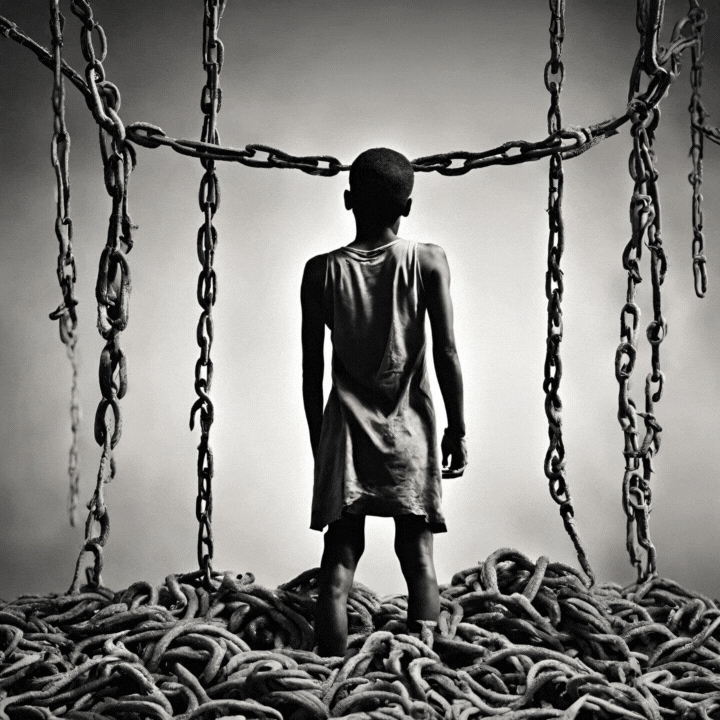
Movie and book corner #3: Dirty Money - Cartel Bank
Dirty money is a documentary series depicting stories of corporate scandals and corruption within the business world. The episode titled “Cartel Bank” tells the story of a global financial institution who didn’t care who they worked with, ignored financial market regulations and took an active part in money laundering.
In 2002, HSBC bought Mexican bank – Banco Bital, which was very popular, especially in regions where drugs were (and still are) produced. Prior to making the purchase, HSBC carried out a potential acquisition risk assessment. The result was the lowest possible achievable. The Mexican bank did not fit into any rationally imposed risk framework. Despite this, HSBC finalized the purchase. Accepting cash from drug trafficking was common practice among Bital Bank employees, who became HSBC employees with the merger. HSBC became the owner of the accounts through which the cartels' money passed.
The story is shocking for several reasons, first of all – the deliberate action of HSBC and secondly – how it all ended. HSBC ended up admitting wrongdoing and making a deal with authorities. They agreed to pay $1.9bn. Seems a lot of money, doesn’t it? It does, as long as you realize it’s 5 weeks profit of HSBC.
This is a story about how to do things you shouldn’t.
I encourage you to watch the two released seasons in their entirety. All of them are as shocking as they are interesting.
Dirty Money (TV Series 2018– ) - IMDb
Series available on Netflix
IMBb rating: 8.1/10 (8.7k ratings)







